
If you’re planning a home inspection in Central San Diego, you might be wondering how long the process takes and what it actually involves. Whether you’re buying, selling, or maintaining a property, understanding the timeline and scope of the process can help you feel more prepared.
Typically lasting two to four hours, a thorough inspection covers everything from the foundation to the roof, checking major systems like plumbing, electrical, HVAC, and more. The duration may vary based on the size, age, and condition of the home. In this article, we’ll break down what to expect during a typical inspection.
How long do most home inspections take?
They take between 2 to 4 hours, depending on the property’s size, age, and condition, with larger or older homes requiring more time. The goal is to evaluate the property’s overall condition and identify potential issues. While that may sound straightforward, the time needed to thoroughly examine everything can vary widely.
What affects the duration?
The size of the home is the most obvious factor. A 1,200-square-foot condo might take only two hours to inspect, while a 3,500-square-foot multi-level home with additional features like a pool or detached garage could push the time past four hours.
Older homes often require more time, even if they’re not especially large. That’s because they may have outdated systems, prior repairs, or materials that require closer inspection, like old wiring or original plumbing. Inspectors often spend extra time investigating whether these elements meet current safety standards.
Accessibility also plays a role. If certain areas are difficult to reach—like crawl spaces, attics, or roof sections—professionals will need additional time to safely navigate them. Similarly, a cluttered or occupied home may slow the process as inspectors carefully move through and around belongings.
Client involvement adds time—and value
Another factor that can influence the length of an inspection is whether the client attends. Many buyers choose to walk through the property with the inspector, asking questions and taking notes. While this interactive approach adds to the time required, it can also enhance the client’s understanding of the home and its systems.
If you’re present during the process, be prepared to spend a little extra time—but consider it an investment in your peace of mind.
How inspectors manage their time
Most experts follow a consistent routine to stay efficient. They typically start with the exterior and roof before moving inside to evaluate structural elements, mechanical systems, and fixtures. Using tools like digital tablets, cameras, and moisture meters, they document findings in real-time, which can help speed up the final report delivery.
In general, they aim to be thorough but efficient, balancing detail with practicality. Rushing risks missing problems, while lingering unnecessarily adds little value.
Final word: plan for up to four hours
In most cases, you should budget at least two hours for a home inspection—and up to four hours for larger or older homes. If you’re the buyer, it’s wise to be present, but don’t worry if you can’t stay the whole time. You’ll receive a comprehensive written report afterward.
 Who provides reliable home inspection in Central San Diego?
Who provides reliable home inspection in Central San Diego?
Whether you’re wondering what exactly home inspection covers room by room, what steps to take once it’s done, or when it’s time to walk away after the inspection, our professionals at the Inspectors Company are here to help you every step of the way. Whether you need us in East Village or across San Diego, you can rely on our dedicated team for thorough evaluation. Get in touch with us today!
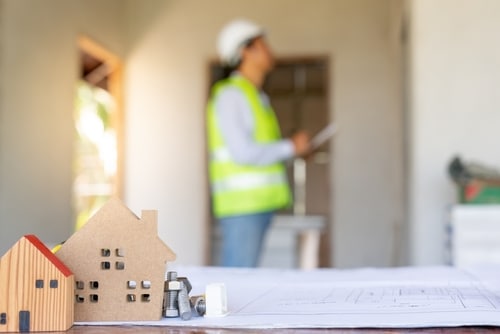 Who provides reliable
Who provides reliable 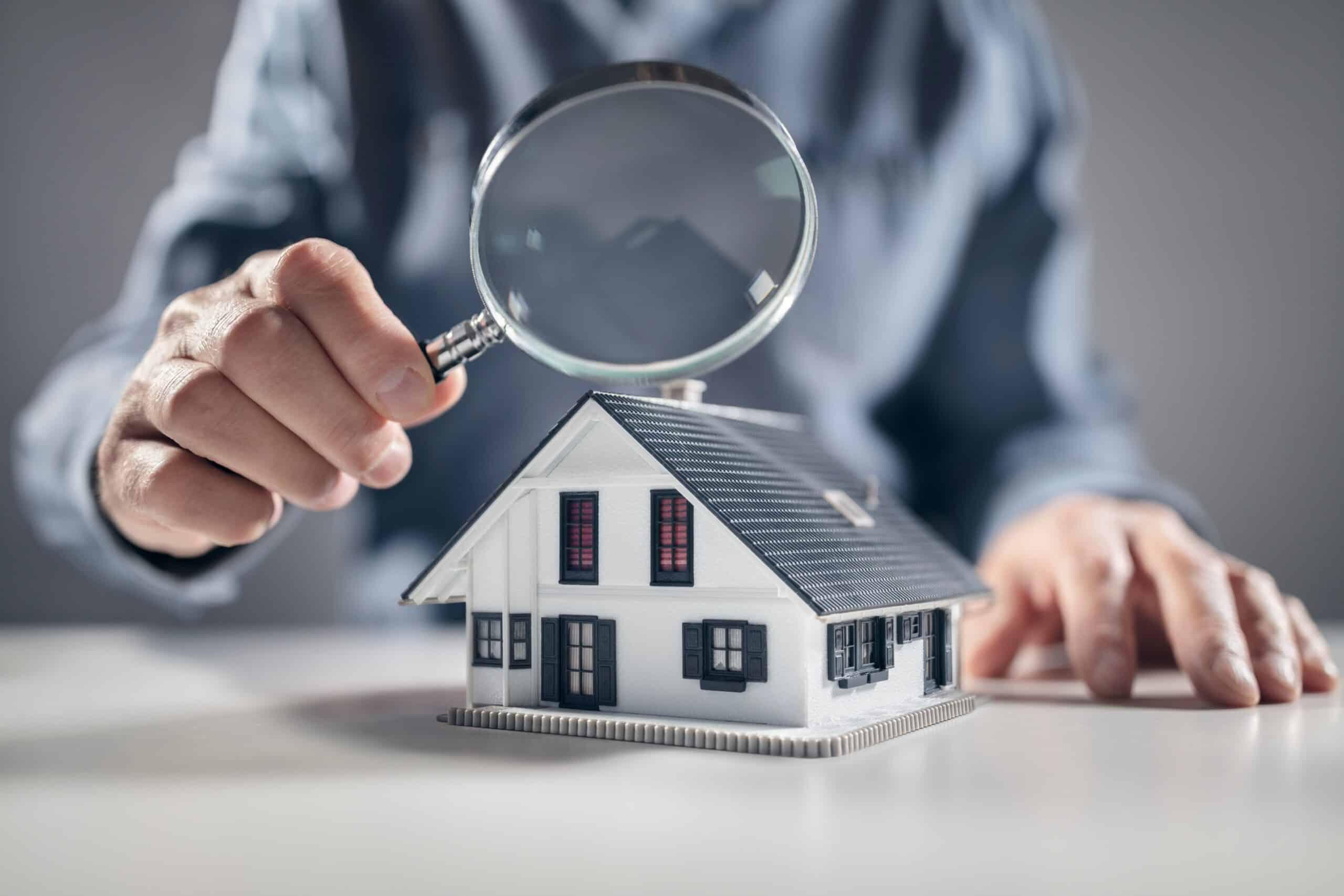
 Looking for reliable
Looking for reliable 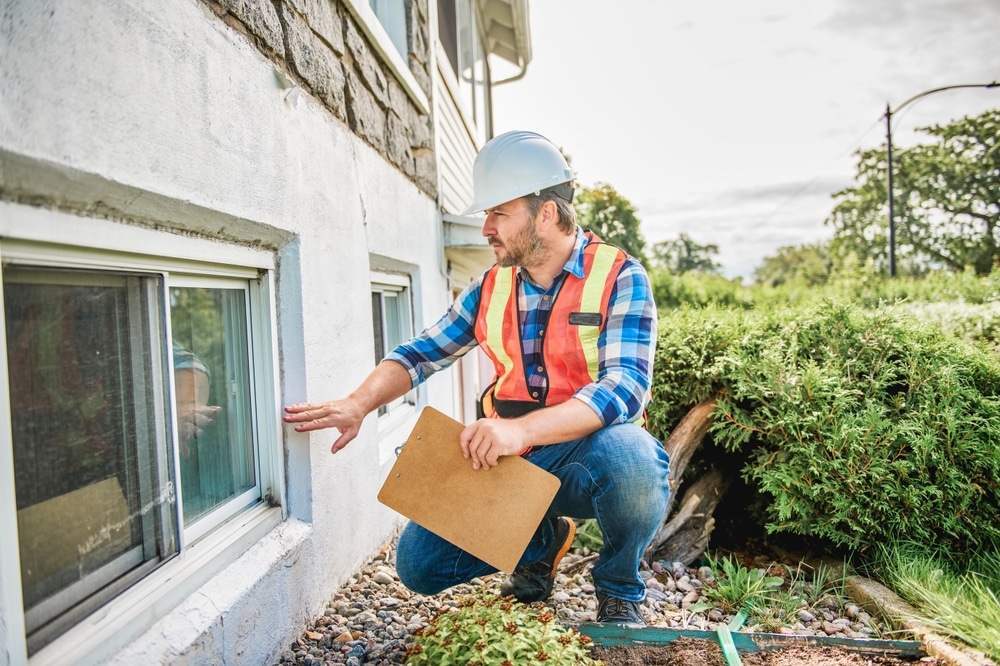
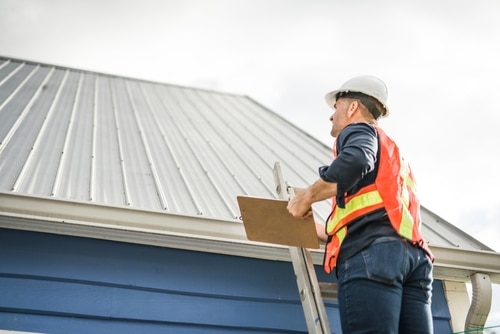
 Where in La Jolla can I find reliable home inspection?
Where in La Jolla can I find reliable home inspection?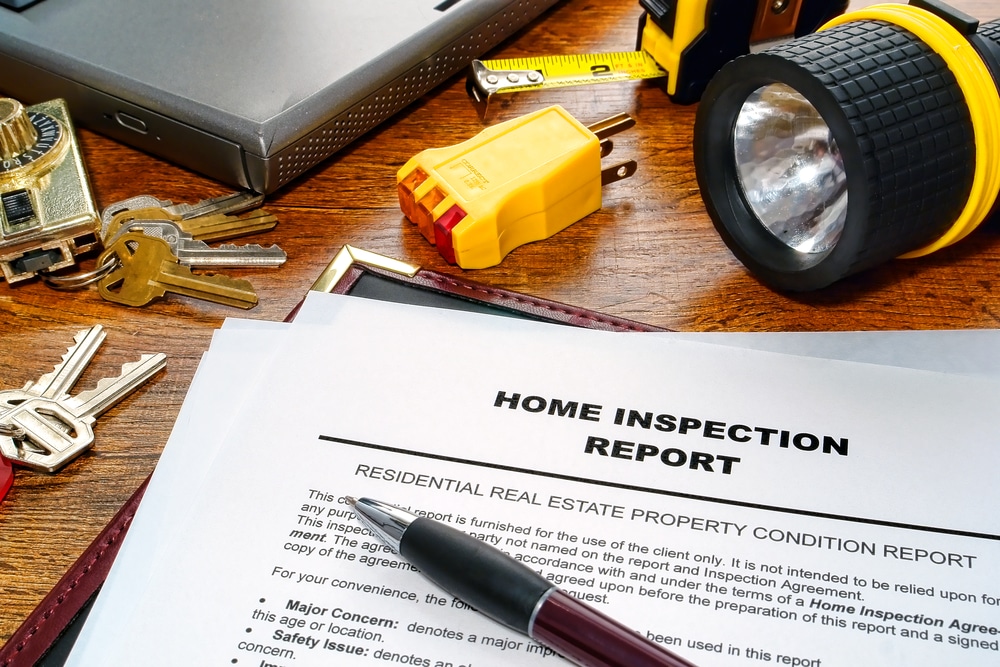
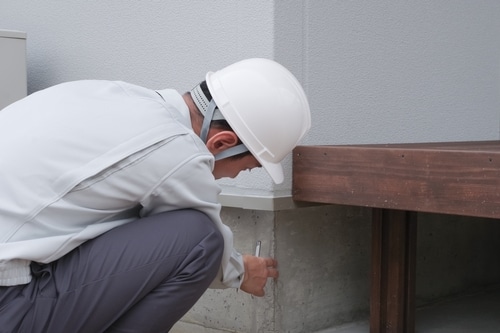
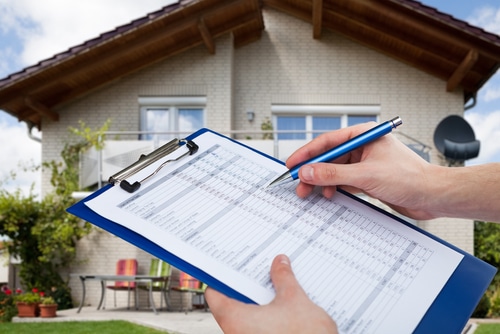 Who are La Jolla’s best home inspectors?
Who are La Jolla’s best home inspectors?
 A chance to learn about the home’s history
A chance to learn about the home’s history Who are the best home inspectors in La Jolla?
Who are the best home inspectors in La Jolla?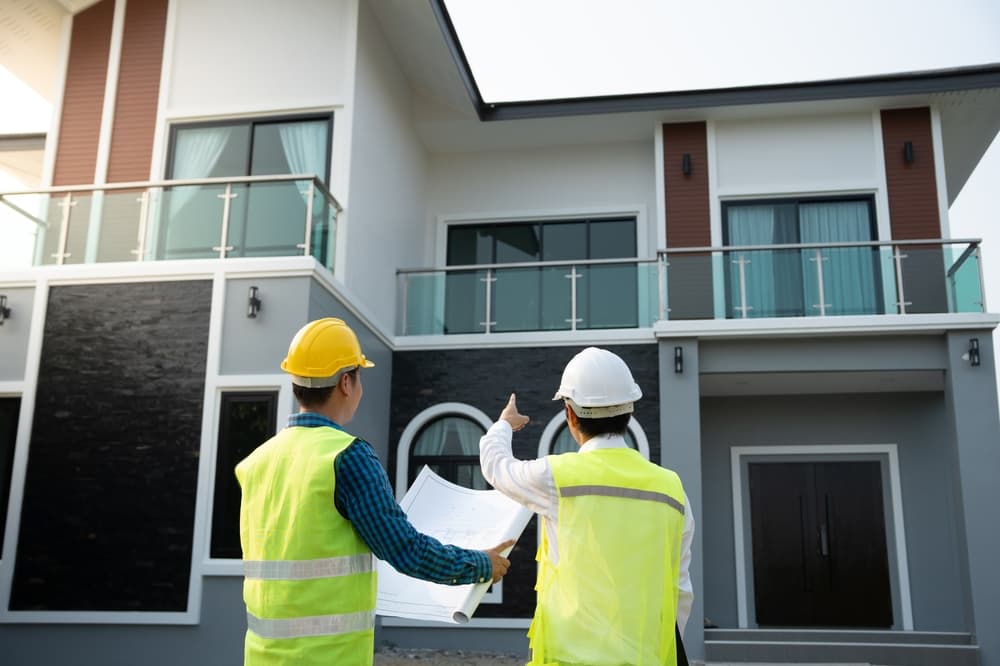
 Uncover hidden problems
Uncover hidden problems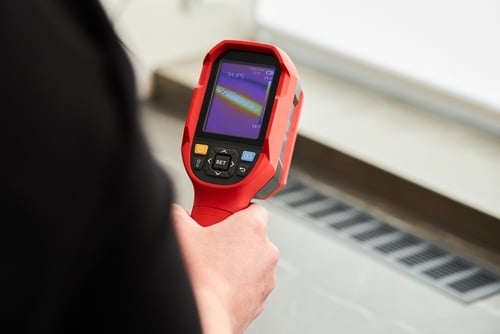 Who provides reliable home inspection in La Jolla?
Who provides reliable home inspection in La Jolla?
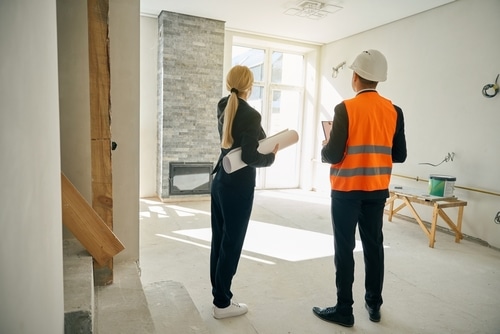 1. Can you show me the problems you found?
1. Can you show me the problems you found?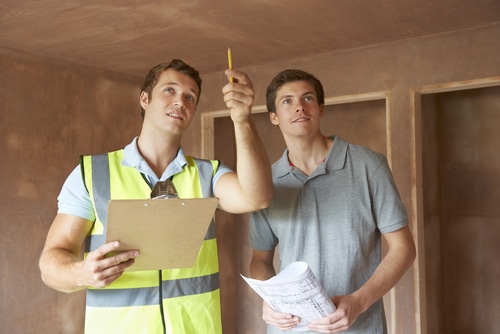 Who should I call for a detailed
Who should I call for a detailed 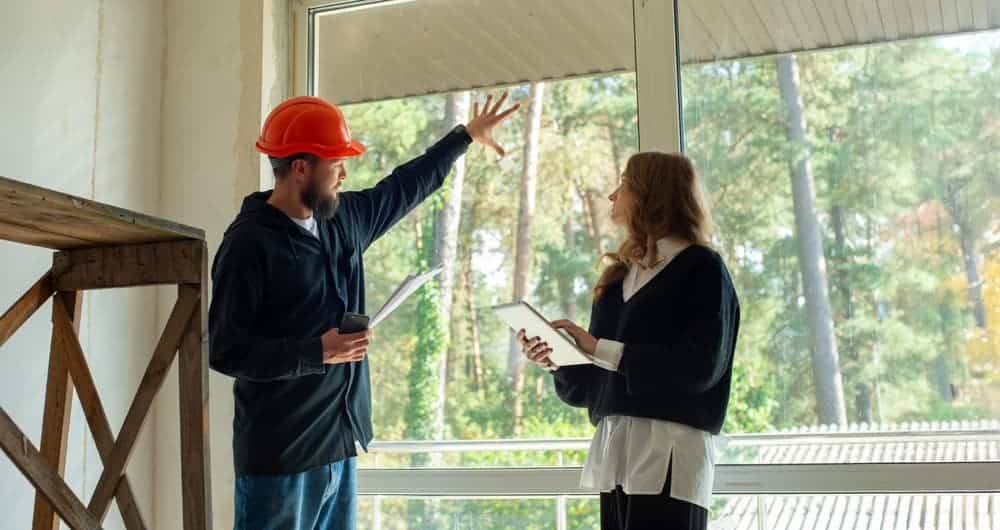
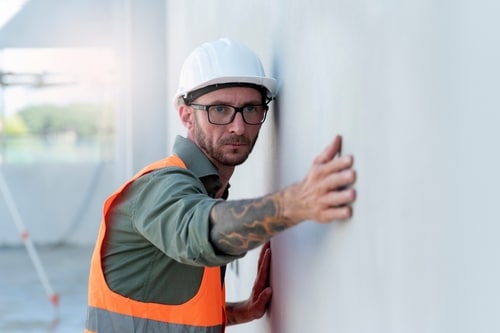 1. Understand the report
1. Understand the report Where can I find the leading
Where can I find the leading 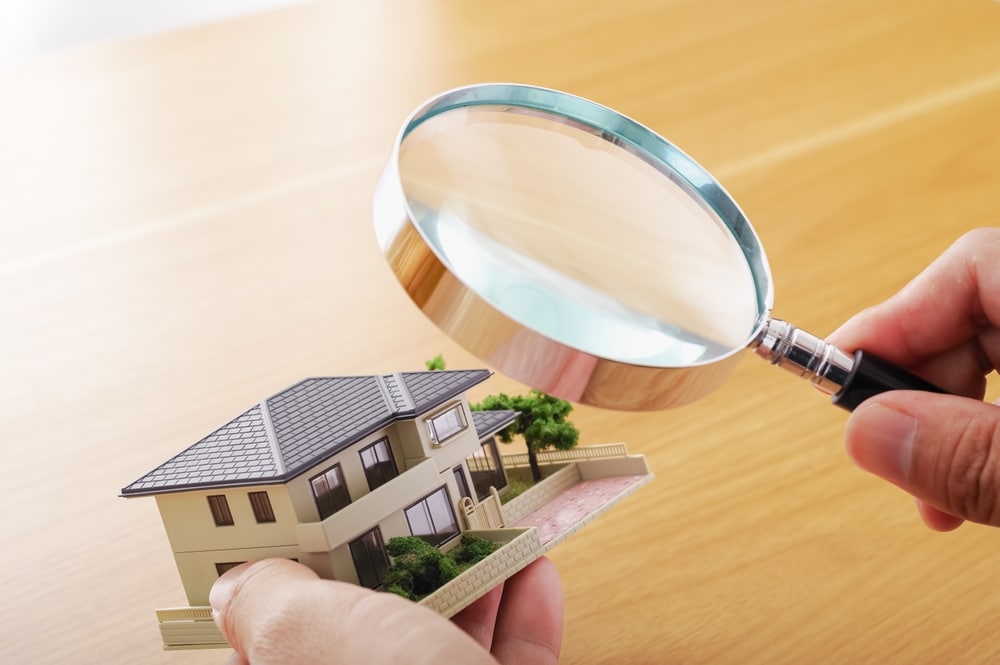
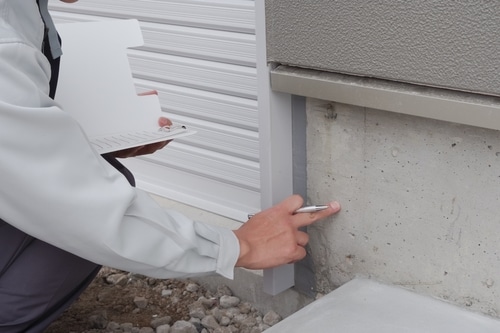
 Looking for trusted home inspectors in Pacific Beach?
Looking for trusted home inspectors in Pacific Beach?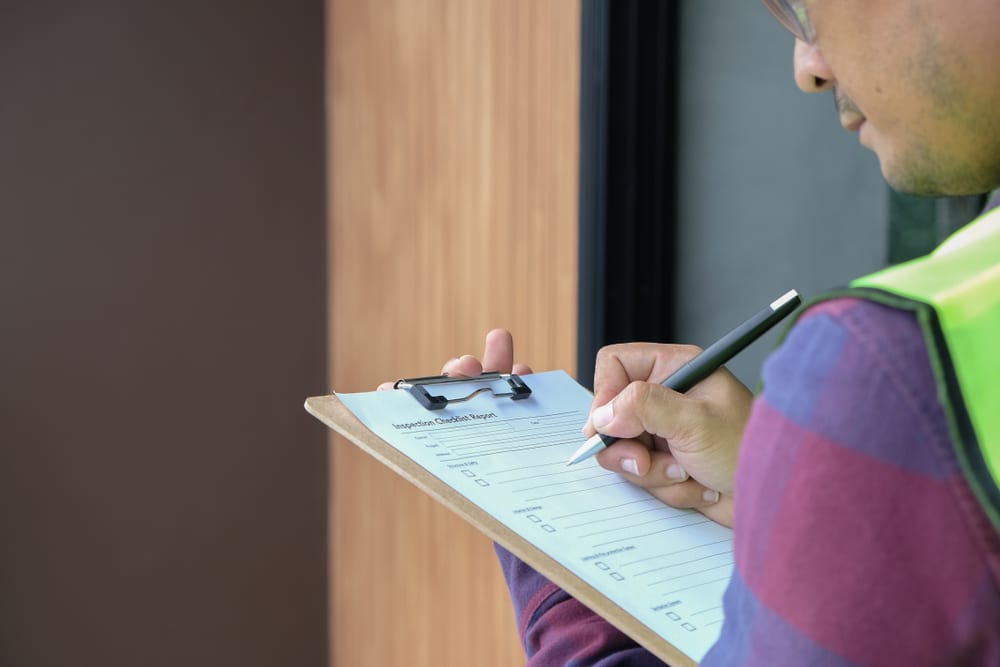
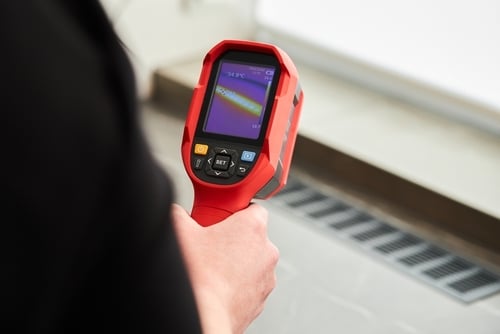
 Who provides reliable home inspection in Pacific Beach?
Who provides reliable home inspection in Pacific Beach?